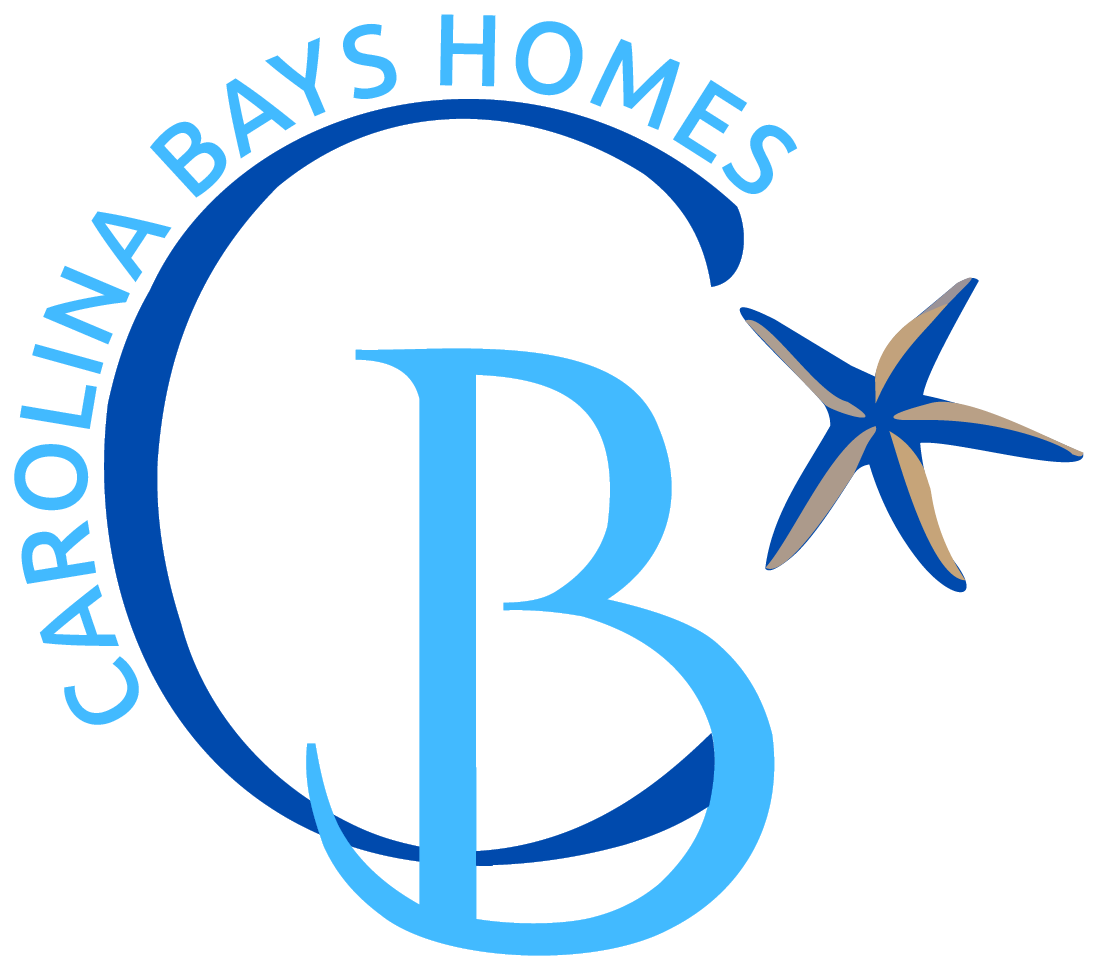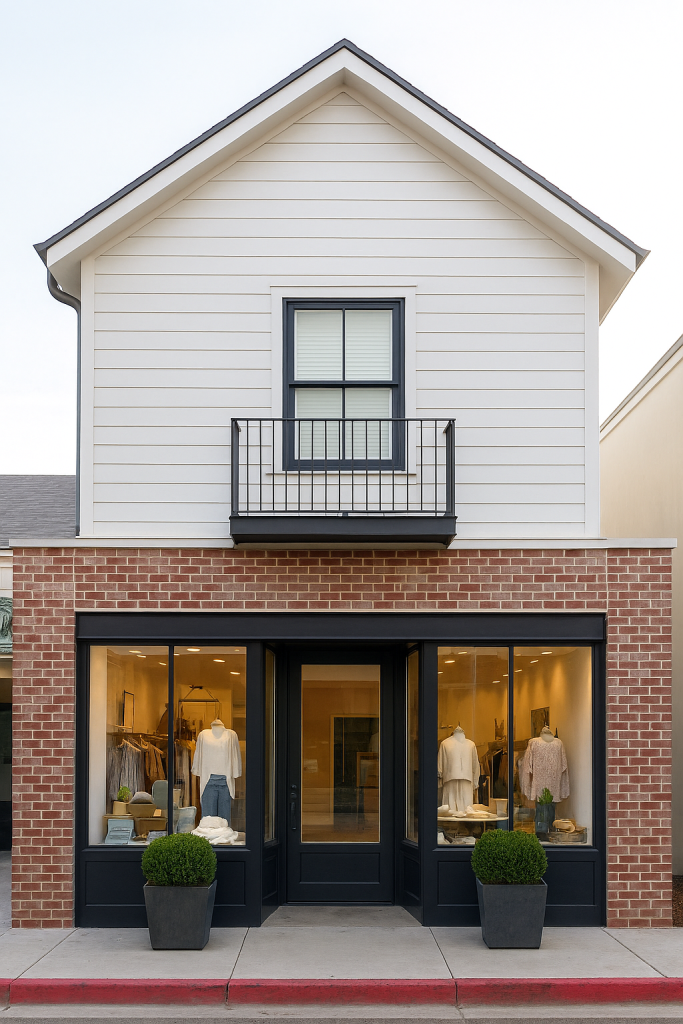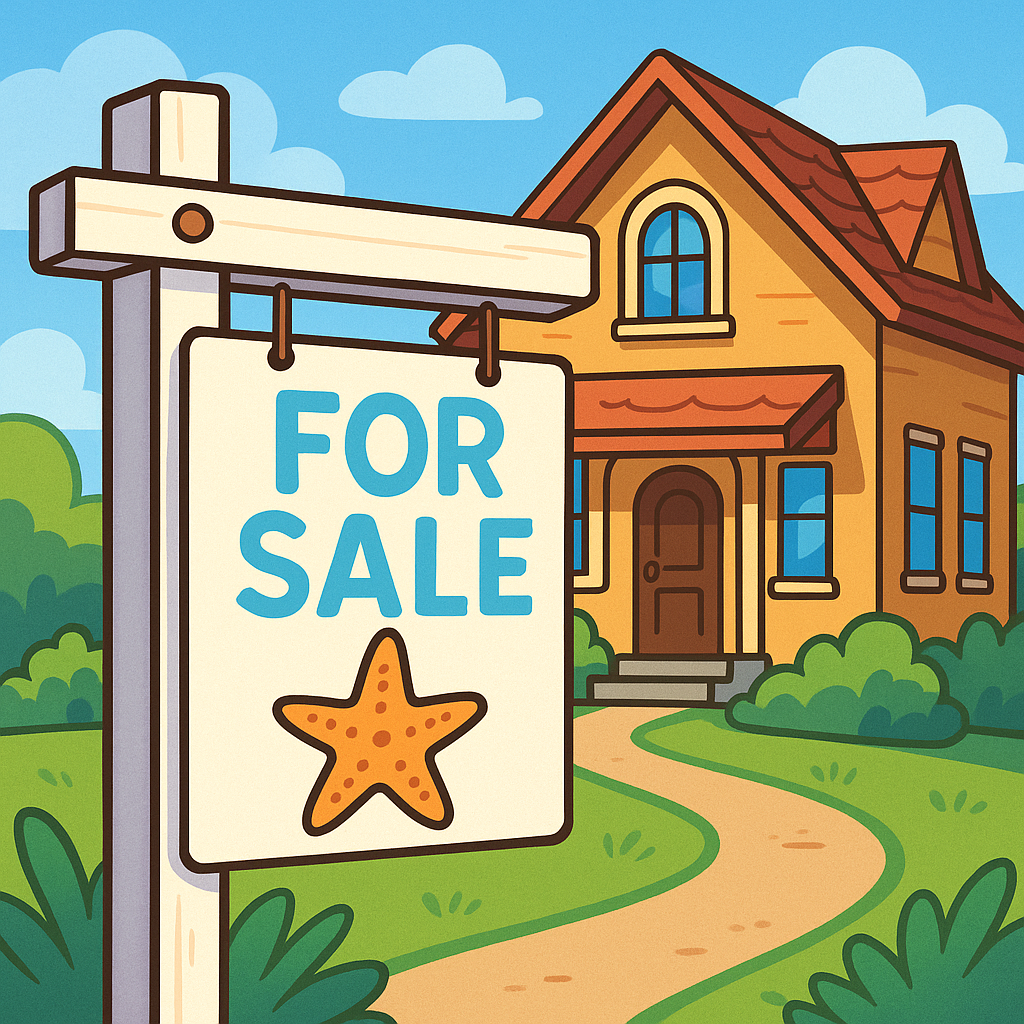The HOA Debate: Weighing the Pros and Cons of Homeowners Association Living
If you are looking for Myrtle Beach real estate, you might notice that many of the homes are in communities with an HOA. A common request from prospective home buyers is to find a home that’s not in an HOA which is sometimes easier said than done. Moving into a community governed by a Homeowners Association (HOA) is one of the most significant decisions you’ll make as a homebuyer. While some people swear by the structure and amenities HOAs provide, others view them as restrictive and financially burdensome. Understanding both sides of this equation is essential before you sign on the dotted line.
The Case For HOAs as a Positive:
Preserved Property Values
One of the strongest arguments for HOA living is property value protection. By enforcing consistent standards for home maintenance and curb appeal, HOAs help ensure that your neighbor’s neglected lawn or peeling paint won’t drag down your home’s value. This uniformity creates a cohesive neighborhood aesthetic that many buyers find appealing.
Amenities and Services
HOAs often provide access to amenities that would be prohibitively expensive for individual homeowners: swimming pools, fitness centers, tennis courts, parks, and clubhouses. Some associations also handle landscaping, snow removal, and exterior maintenance, freeing residents from these time-consuming tasks. For busy professionals or retirees, this convenience can be invaluable.
Conflict Resolution
HOAs provide a structured framework for addressing neighbor disputes. Rather than confronting your neighbor directly about their late-night parties or overgrown hedges, you can report violations to the association, which handles enforcement professionally and consistently.
Community Building
Many HOAs organize social events, holiday celebrations, and community activities that foster neighborly connections. This built-in social infrastructure can be especially valuable for newcomers to an area or families seeking a tight-knit community feel.
The Case Against HOAs:
Financial Burden
HOA fees are an unavoidable monthly expense that can range from modest to eye-watering, sometimes exceeding several hundred dollars monthly. These fees can increase over time, and associations can also levy special assessments for major repairs or improvements. This financial unpredictability makes budgeting more challenging.
Restricted Freedom
HOAs are notorious for their rules—sometimes seemingly arbitrary ones. Want to paint your front door a bold color? Plant a wildflower garden? Install solar panels? Park your work truck in your driveway? You may need approval first, and that approval isn’t guaranteed. For homeowners who value autonomy and self-expression, these restrictions can feel suffocating.
Bureaucracy and Politics
HOA boards are typically run by volunteer residents who may lack professional management experience. This can lead to inconsistent enforcement, personality conflicts, and petty power struggles. Board meetings, voting requirements, and architectural review processes add layers of bureaucracy to decisions that would otherwise be straightforward.
Enforcement and Penalties
HOAs have real power to enforce their rules through fines, liens, and in extreme cases, even foreclosure. Missing a payment, violating a covenant you didn’t know existed, or simply having a board member who doesn’t like you can result in escalating penalties that become genuinely threatening to your financial security and property ownership.
Limited Control Over Spending
As a homeowner in an HOA, you’re funding communal expenses but may have limited say in how that money is spent. If the board decides to build an expensive new playground you’ll never use or hire a premium landscaping service, your fees help pay for it whether you agree or not.
Making Your Decision
The HOA question ultimately comes down to your personal priorities and lifestyle. If you value aesthetics, amenities, and hands-off maintenance, and you don’t mind following community guidelines, an HOA might enhance your quality of life. If you prioritize autonomy, financial control, and freedom to make your property truly your own, you might find HOA restrictions unbearable.
Before buying into an HOA community, do your homework: review the covenants, conditions, and restrictions (CC&Rs) thoroughly, attend a board meeting if possible, talk to current residents about their experiences, and scrutinize the association’s financial health and reserve funds. Understanding exactly what you’re signing up for is the best way to ensure your HOA experience aligns with your expectations.
The right choice varies from person to person—there’s no universal answer, only the answer that’s right for your unique situation and values. If you would like information on buying a home in Myrtle Beach (whether in an HOA or not), please reach out to us today.







